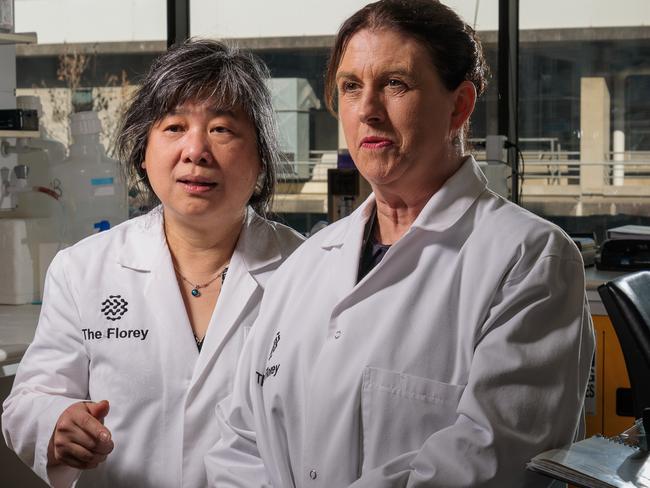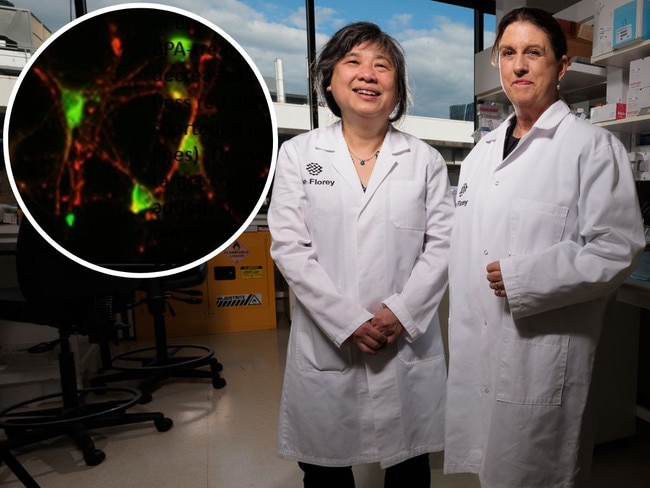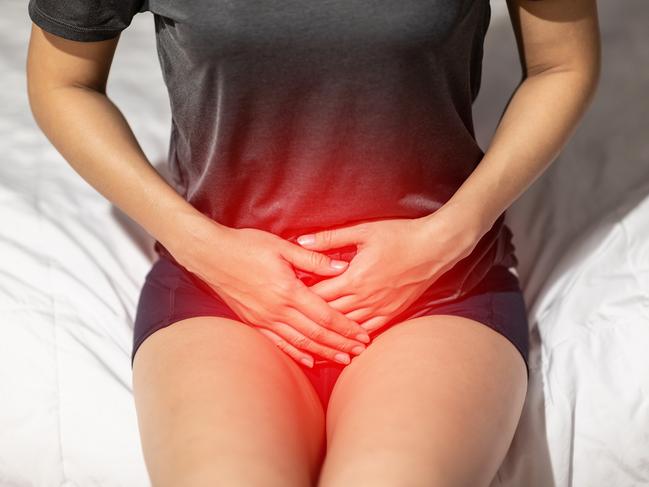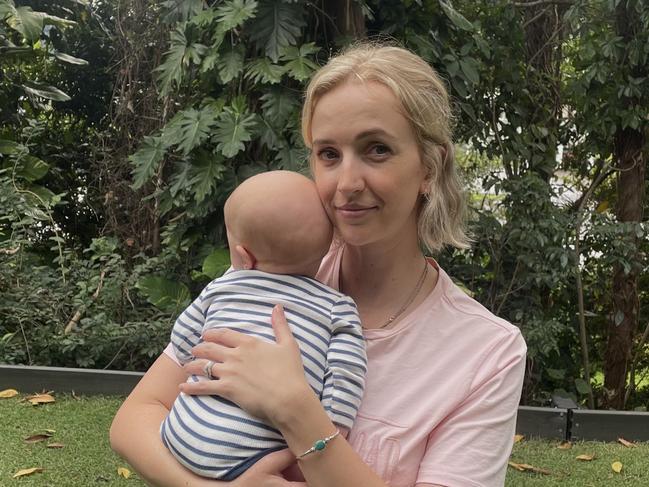
The most damaging screen to kids’ development isn’t smartphones
Even if it’s simply running in the background in a room, TV can be damaging for children.

Even if it’s simply running in the background in a room, TV can be damaging for children.

The federal government’s priorities in mental health have come under heavy criticism as money is poured into programs that ‘lack efficacy and do not warrant public funding’.

Stores of IV drip bags have been almost completely depleted in hospitals around the country this week as hospitals move to ‘disaster’ footing.

Medical experts have called for an overhaul of plastics regulation in Australia as growing evidence indicates that neuroendocrine-disrupting chemicals are linked with the development of autism.

Boys with lower levels of a key brain enzyme who are born to mothers that have higher levels of plastic chemicals in their wombs are six times more likely to develop autism by the time they are a teenager, a world-first Australian study has found.

The nation’s medical leaders have united to call for the recognition of chronic urinary tract infection amid widespread evidence that thousands of women are being misdiagnosed and undertreated.

A groundbreaking pan-tumour pharmaceutical – that can act upon multiple different tumour types – has been publicly funded in Australia and is set to offer hope to thousands of terminally ill patients.

Australia’s health system is at a tipping point, with patients unable to afford basic care, hospitals critically overloaded, and a tide of chronic disease threatening to overwhelm all parts of the system.

Private insurers are blaming obstetricians’ high fees for the nation’s maternity crisis amid predictions private birthing will be ‘extinct by 2030’.

Health insurance is being rendered useless for thousands of families who took out top cover, as maternity ward closures and enormous out of pockets render a private birth impossible.
Original URL: https://www.theaustralian.com.au/author/natasha-robinson/page/15